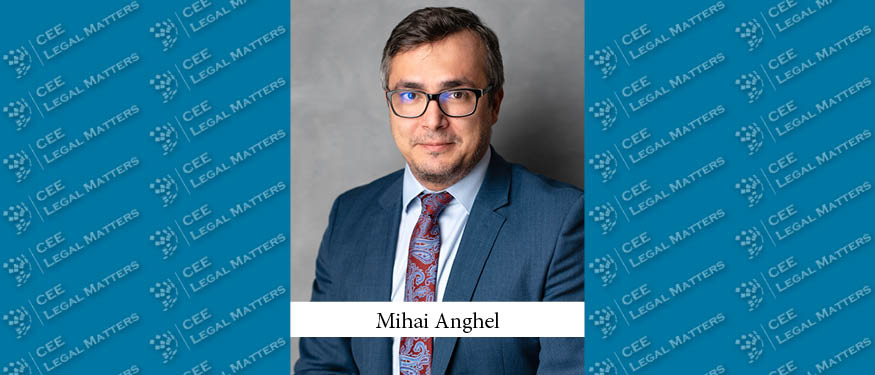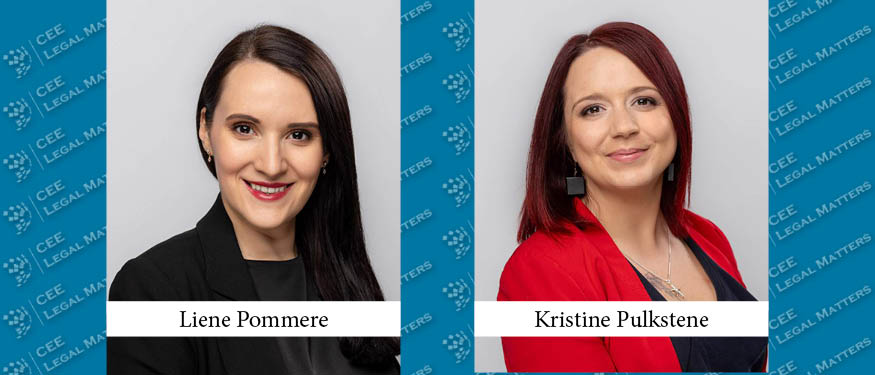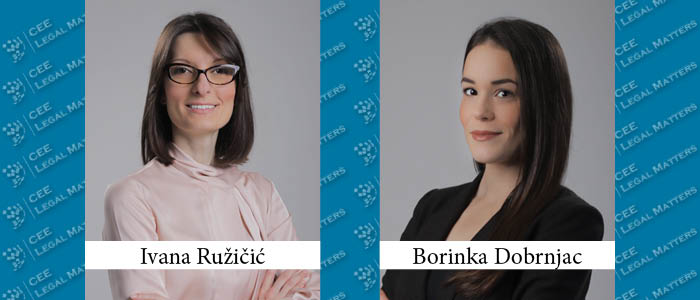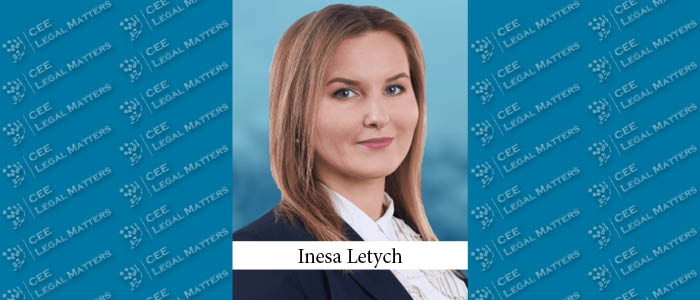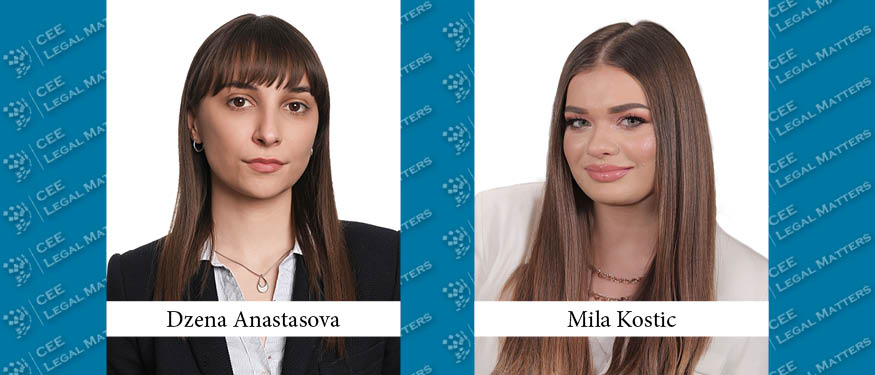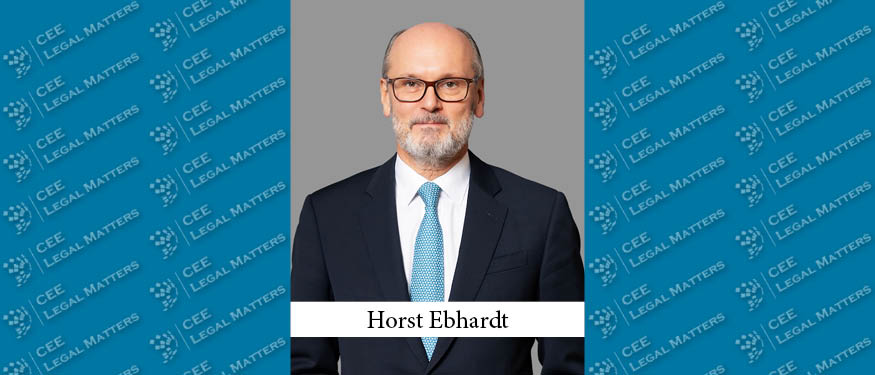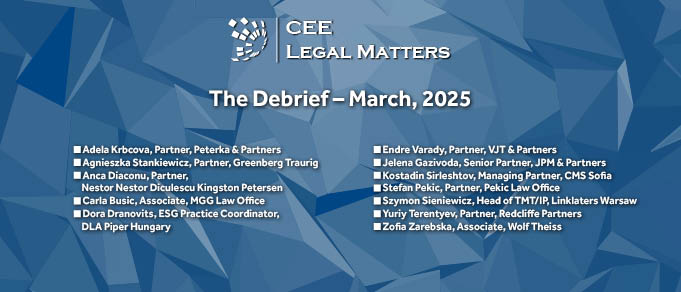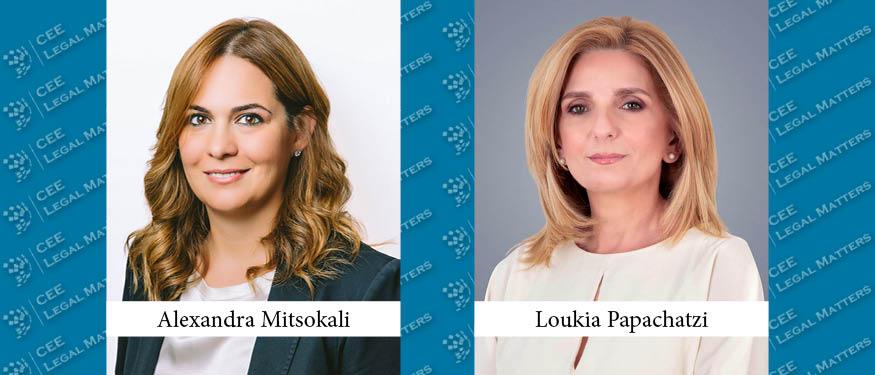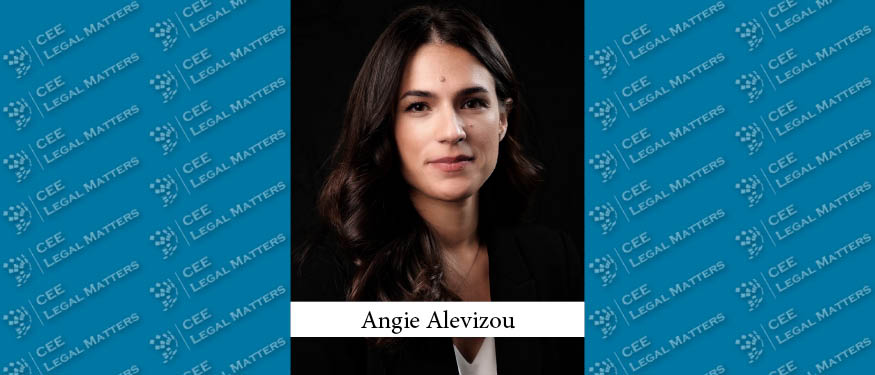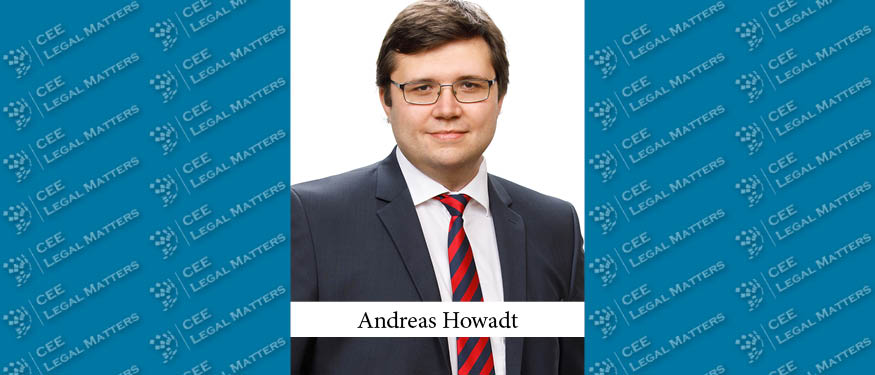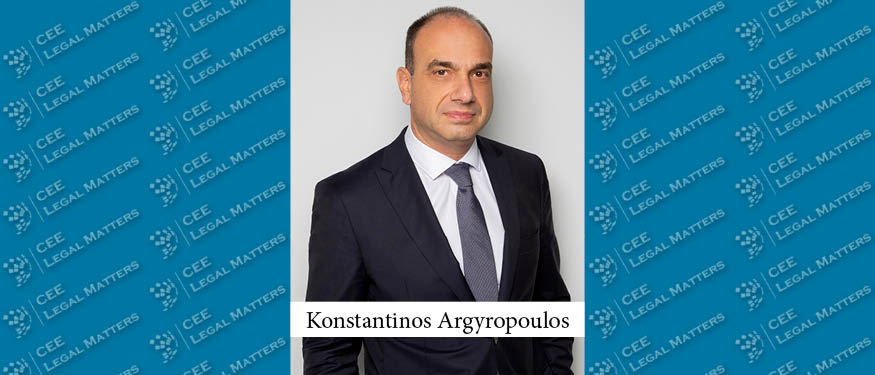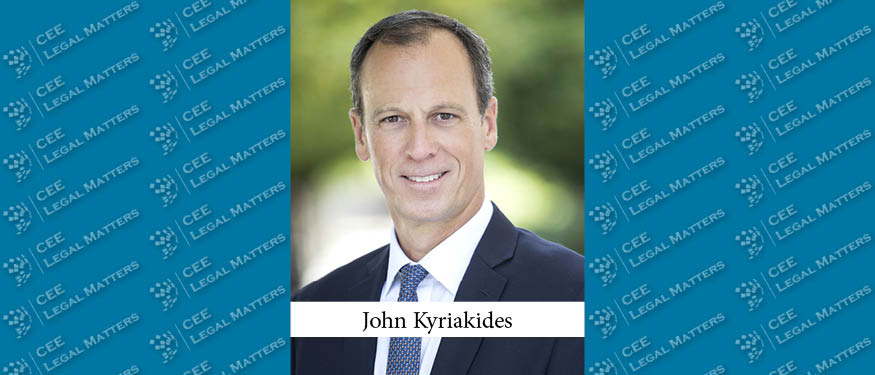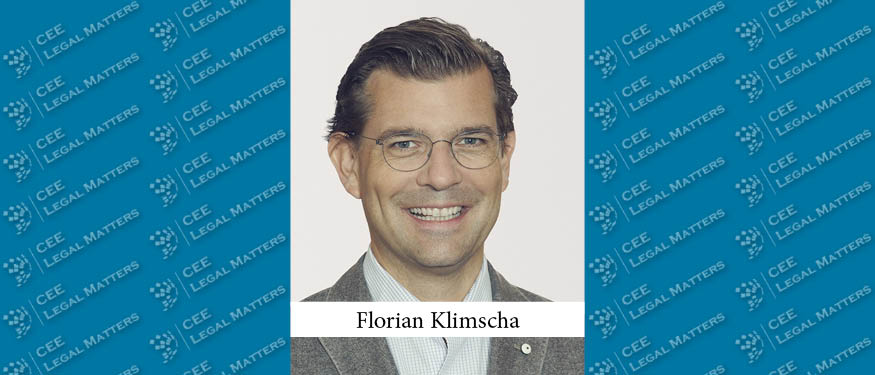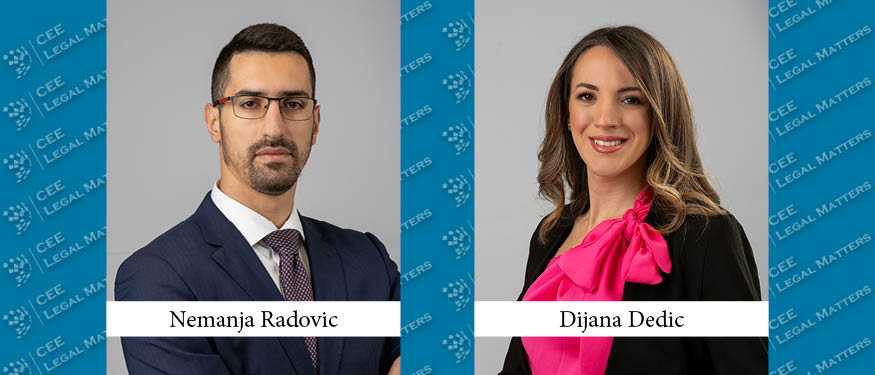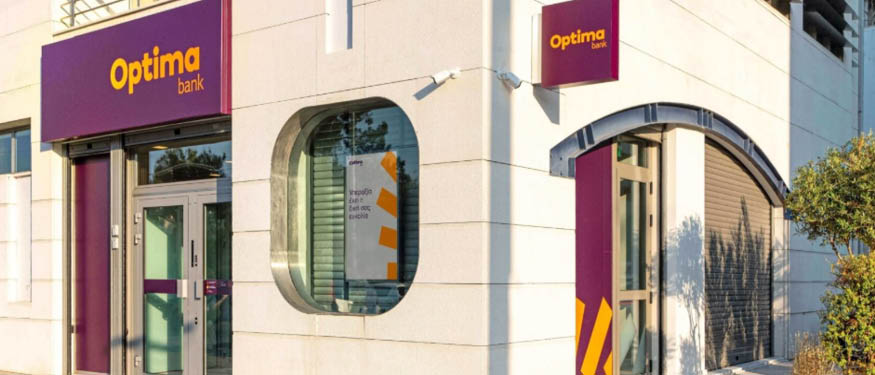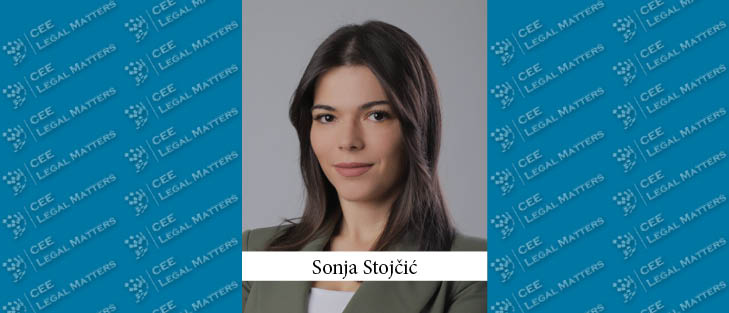Over the past years, the legislation dealing with workplace harassment has significantly expanded, with new rules and obligations continuously being added, especially for employers. Anti-discrimination laws, equal opportunity frameworks, and harassment prevention policies have all been gradually enforced, shaping an extensive legal landscape meant to protect employees from abusive behaviors.
Latvia: Termination of Employment Relationships for a Labor Union Member – Current Regulation, Planned Amendments, and Case Law
In Latvia, the termination of employment relationships for labor union members is specifically regulated to protect their rights. However, in practice, this regulation creates significant challenges for employers, as labor unions almost always refuse to grant consent for dismissal.
Serbia: The Right of Employees to Compensation for Commuting Costs in Light of New Challenges
The year 2025 began with a development that raised important questions regarding the interpretation of the Serbian Labor Law, specifically concerning employees’ right to compensation for commuting costs.
Ukraine: Top 5 Practical Problems of Transfer of Undertaking Rules
It has been almost a year since Ukraine introduced rules regarding the protection of employees in the case of a transfer of a business entity to its Labor Code in accordance with Law No. 3677-IX (Rules). The Rules entered into force on May 15, 2024, and aimed at approximating national legislation to the Transfers of Undertakings Directive 2001/23/EC of March 12, 2001. Even though local businesses continue testing this new legislation in practice, the area still remains terra incognita for many practitioners. Now that some time has passed, it is possible to summarize the major practical imperfections of the Rules.
North Macedonia: Outsourcing – Employment Issues
Outsourcing involves a transfer by a business (customer) to a third party (supplier) of the operational responsibility for the provision of a distinct business function, process, or service. Given the inherent transfer of responsibility, many outsourcing arrangements involve a transfer to the supplier of those employees who were engaged by the customer in the activity that is being outsourced. Macedonian law does not specifically regulate outsourcing transactions. Nonetheless, the Macedonian Law on Labor Relations 2005 (Labor Law) is harmonized with the EU Transfer of Undertakings Protection of Employment Directive 2001/23/EC of 12 March 2001 (TUPE) and, therefore, applies to the transfer of employees both on the initial outsourcing and on any subsequent or second-generation outsourcing.
Guest Editorial: A Cross-Border Career in CSEE
I still vividly remember the sunny September day when, as a young lawyer, I arrived in Prague. I was joining a US law firm that had just opened offices in the old city. Its immense beauty, at that time still unknown but immediately close to me, was captivating.
The Debrief: March 2025
In The Debrief, our Practice Leaders across CEE share updates on recent and upcoming legislation, consider the impact of recent court decisions, showcase landmark projects, and keep our readers apprised of the latest developments impacting their respective practice areas.
The Corner Office: The Next Big Thing
In The Corner Office, we ask Managing Partners at law firms across Central and Eastern Europe about their backgrounds, strategies, and responsibilities. This time around, we asked: For 2025, what is the one sector or industry in the country that shows the most promise for growth, and why?
Greece’s Real Estate: A Market with a View
After a decade of economic challenges, Greece’s real estate market is thriving, fueled by a tourism boom and strong foreign investment. With property prices still below pre-crisis levels and a growing focus on sustainability, PPT Legal Partner Alexandra Mitsokali and Moussas & Partners Senior Partner Loukia Papachatzi explore the sector’s revival.
Greece’s Golden Visa: A Decade of Evolution
Since its initial launch in 2013, Greece’s Golden Visa program has proven to be one of Europe’s most enduring residency-by-investment initiatives. Over the years, it has continuously adapted to shifting economic conditions, investment landscapes, and EU-level scrutiny. Drakopoulos Senior Associate and Head of Immigration Angie Alevizou takes a closer look at its evolution, outcomes, potential future changes, legal challenges, and competitiveness going forward.
A Wave of Major Insolvencies in Austria
Austria continues to experience a wave of significant insolvencies, stretching court resources and prompting comparisons to past recessions. Recent legal frameworks have introduced new possibilities for restructuring, though so far with limited uptake. Taylor Wessing Counsel & Head of Insolvency Andreas Howadt examines both the immediate pressures – rising liabilities, high-profile failures, and logistical strains – and the evolving legal environment looking ahead to 2025.
Inside Insight: Simone Quantschnigg of Vamed Care
Overseeing legal matters for a complex healthcare organization demands both technical prowess and pragmatic decision-making – something Simone Quantschnigg has grown quite familiar with. Stepping in as General Counsel of Vamed Care group following a carve-out last year, Quantschnigg talks about her path from private practice to in-house leadership, the biggest adjustments in adopting an internal counsel role, and the forward-looking strategies she envisions for her evolving legal department.
Inside Insight: Konstantinos Argyropoulos of Space Hellas
With nearly three decades of experience in the legal and technology sectors, Space Hellas General Counsel Konstantinos Argyropoulos reflects on his journey as an international lawyer, from studying law in Athens, Paris II, and Harvard to leading the legal team of a multinational tech company.
Know Your Lawyer: John Kyriakides of Kyriakides Georgopoulos
An in-depth look at John Kyriakides of Kyriakides Georgopoulos covering his career path, education, and top projects as a lawyer as well as a few insights about him as a manager at work and as a person outside the office.
Know Your Lawyer: Florian Klimscha of Freshfields
An in-depth look at Florian Klimscha of Freshfields covering his career path, education, and top projects as a lawyer as well as a few insights about him as a manager at work and as a person outside the office.
Montenegro: PPPs – Legal Framework, Challenges, and Examples
PPPs represent a long-term collaboration between the public and private sectors, enabling more efficient construction, maintenance, and management of infrastructure, with an optimal distribution of risks and financial obligations.
Slovenia: Navigating Ljubljana’s Office Real Estate Landscape
Ljubljana, the capital of Slovenia, is currently witnessing a substantial increase in the development of Class A office spaces. Over the next three years, the city is set to introduce more than 100,000 square meters of new Class A office spaces. These developments are characterized by modern designs and a strong emphasis on sustainability, aiming to achieve energy certifications that are crucial for ESG compliance.
Slovakia: New Construction Legislation (Again), EIA, and Strategic Investments
Permitting of any projects is a long-standing problem in the Slovak Republic. It seemed that this problem would largely be solved by the new construction legislation that was approved in 2022 and was supposed to enter into force fully on April 1, 2024.

